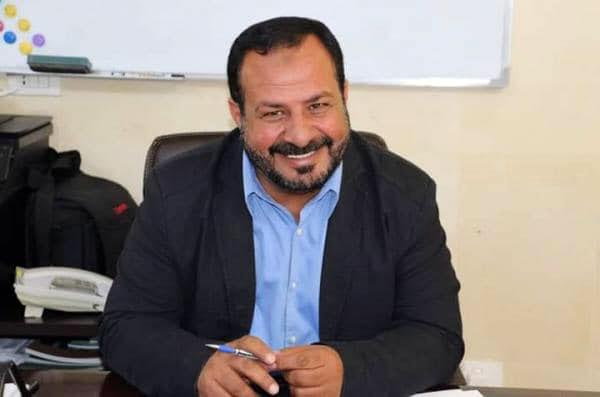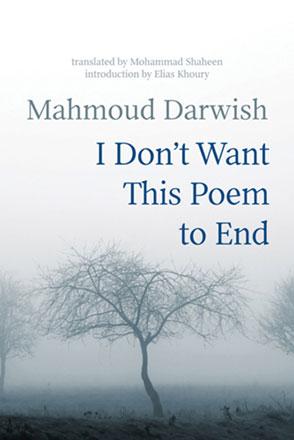You are here
American scholar delves into bedouin poetry
By Saeb Rawashdeh - Oct 05,2019 - Last updated at Oct 05,2019

William Tamplin
AMMAN — Bedouin poetry represents one field of intellectual interest for an American scholar specialising in comparative literature and Arabic.
The political potency of bedouin poetry drew the attention of William Tamplin when he came to Jordan in 2013/14 as a Fulbright scholar from Harvard, he told The Jordan Times in a recent e-mail interview, adding that when he searched YouTube, one of the first videos that came up was of Muhammad Fanatil Al Hajaya reciting a poem written from the perspective of George W. Bush.
“Hajaya is a Jordanian bedouin poet born in Mhayy, in the Karak province, and raised in the nearby hills and in Wadi Al Hisa,” noted Tamplin, who is writing a dissertation about apocalypticism in the modern Arab novel.
“I found Hajaya's imagining of Bush as a bedouin sheikh hilarious and creative in its incongruity. After I watched that video, I watched another in which Hajaya addresses a love poem to Condoleezza Rice and includes a harsh critique of American foreign policy,” Tamplin elaborated.
“After I saw Hajaya's poems, I was hooked and knew that I wanted him to be a part of whatever I ended up writing during my Fulbright year. I began studying those of his poems available online with a tutor from Syria who, like me, had trouble understanding the bedouin words in the poem,” noted the scholar, who published a book on Hajaya that includes interviews, poet’s political songs and photos.
Tamplin in February of 2014 met the Jordanian bedouin poet Yasir Al Bashabsheh, who invited him to present his project to the Jordanian bedouin poetry community on LelitGasid, a weekly TV show dedicated to bedouin poetry.
“After I presented my work on the show, bedouin poets began reaching out to me and inviting me to visit them,” he remembered, adding that he and Hajaya built a real friendship such that each year he visits Hajaya at least once.
Regarding Hajaya’s style, it is characterised by both strict adherence to traditional bedouin tropes, vocabulary, rhyme and metre and an incisive analysis of and commentary on timely issues, Tamplin said.
“Hajaya has one foot in the past and one in the present. Our mutual friend the poet Ali Ubayd Al Saai once told me that Hajaya's poetry is remarkable for its wide vocabulary and his extensive knowledge of bedouin culture.”
Related Articles
According to an American scholar, who received his PhD from Harvard,where he studied comparative literature and Arabic, the main motif of “C
AMMAN — President of the Jordan Teachers Association (JTA) Ahmad Hajaya died on Friday afternoon after the vehicle he was in overturned on J
I Don’t Want This Poem to EndMahmoud DarwishTranslated by Mohammad Shaheen US: Interlink Books, 2017Pp.



















